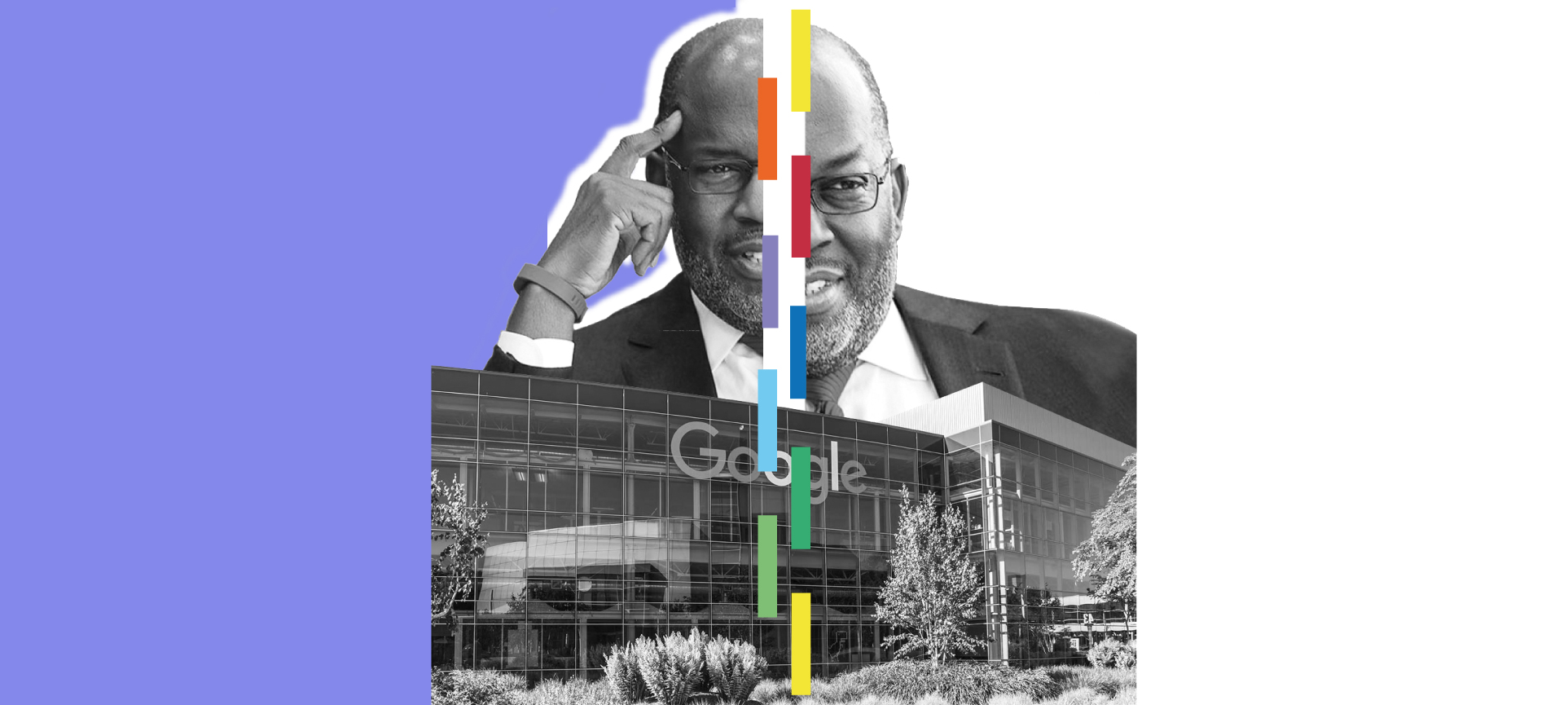Isn’t that a strange anomaly for the 1000 best companies in the USA?
Well, despite the long list of reasons that all companies should care about diversity (higher revenue, faster growth, happier employees, or just that it’s a good thing to do), the cold hard fact is that companies have fantastic DEI budgets mainly to check off legal compliance boxes. Google in 2020 did not commit $310MM over the next five years into DEI programs because their board of directors thought it was a great idea, the California Superior Court did.

Thus, stated frankly, companies don’t care if these initiatives work. Lauren Edelmen backs this claim, writing in her 2016 paper on Working Law, printed by the Chicago University Press, that “courts look to the presence of antidiscrimination policies and... diversity training programs without examining whether these policies are effective,” when deliberating Civil Rights cases. This leads to companies espousing “policies and procedures that are largely symbolic” which “fail to dispel long-standing patterns of discrimination”.
This probably explains why in the last 30 years, black-men in managerial positions have only increased from 3.0% - 3.2%, despite racial equality being one of the most taught courses. If those were sales numbers, the whole team would have been fired.
Infinity Unconventional, for 2022, made a bold step to address this learning and development hypocrisy. We came together as educators and created a workshop to fight against industry-wide complacency. It is the antidote to ineffective diversity training, and ironically it is simply the opposite of all diversity training.
We called the course PAN, Greek for ALL. For us, it’s the first step for any company who wants, and needs, to make a serious investment into DEI change. PAN — taste the goodness.